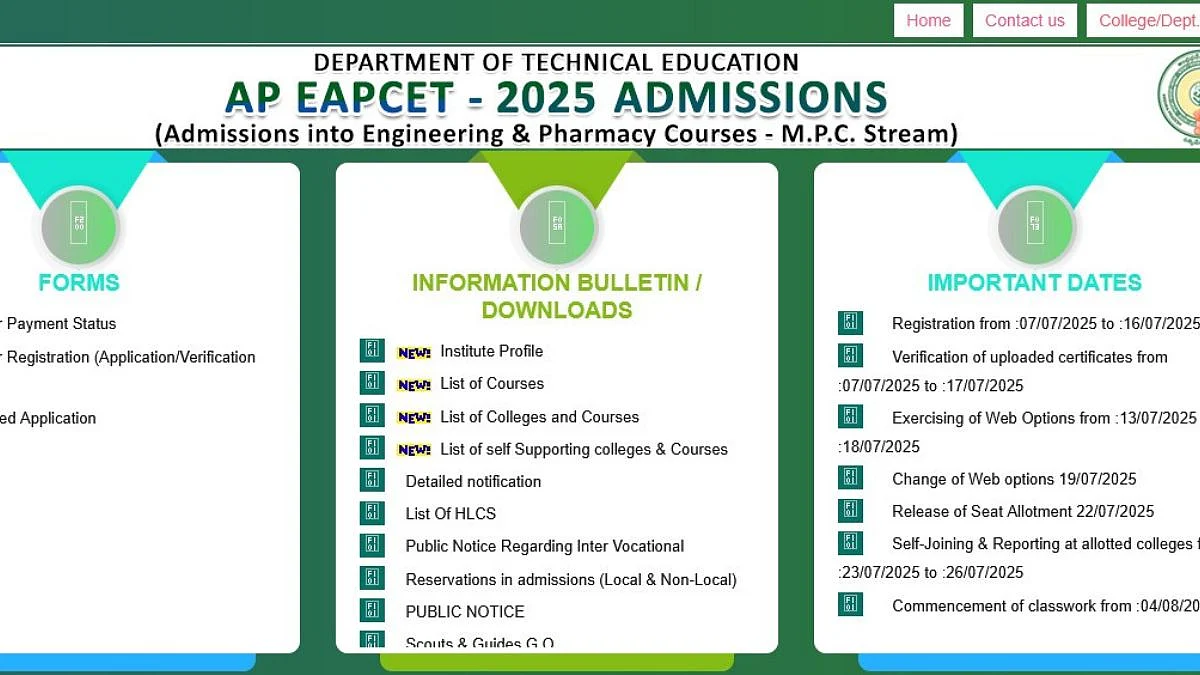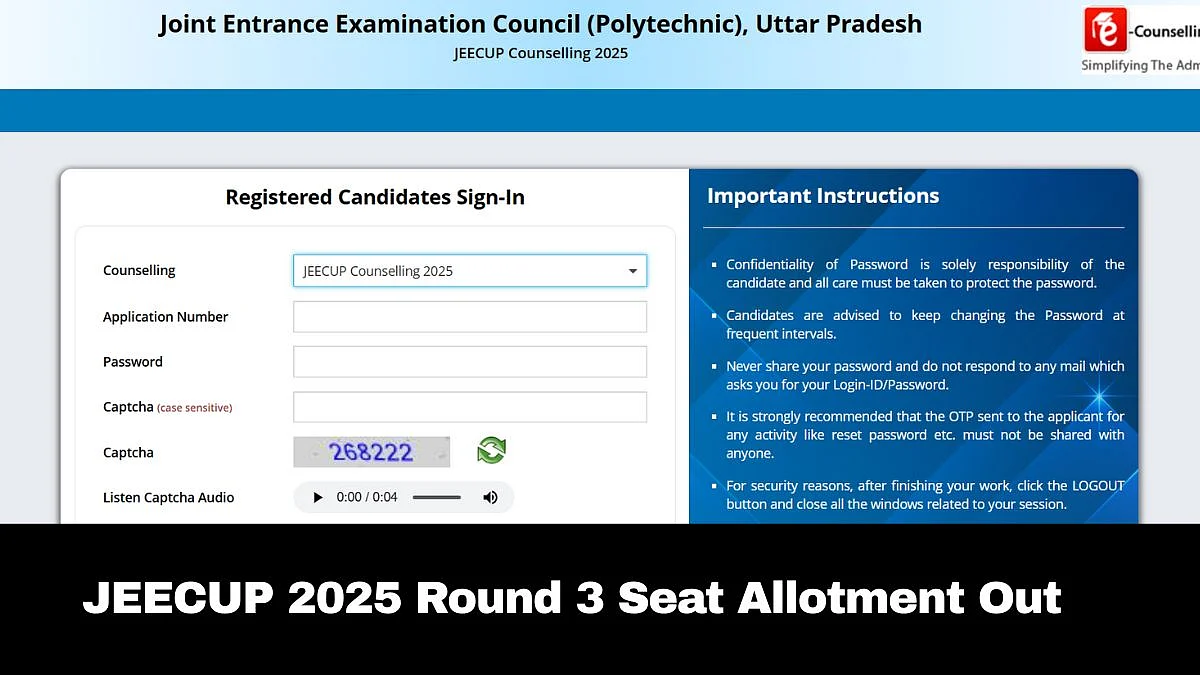Central Depository Services (India) Ltd or CDSL on Tuesday said the number of active demat accounts opened with it has reached the 6-crore mark.
The leading depository began operations in 1999. It facilitates holding and transacting in securities in the electronic form and settlement of trades on stock exchanges, according to a statement.
On this occasion, Sebi Whole Time Member Ananta Barua focused on the importance of investor awareness amid the growth of the Indian securities markets.
''I congratulate the CDSL team for their achievement of registering 6 crore demat accounts. Dematerialisation was a product of the difficulties caused on account of physical shares. The access to Indian securities market have become safe, convenient and easy and the new milestone is a representation of the same,'' he said.
According to him, enormous efforts have been taken by all the market infrastructure institutions (MIIs) to maintain the seamless operations of the financial ecosystem during the last two years.
While the same was being done, the markets were reaching unprecedented new heights and that was possible only due to the ease of business being provided by the MIIs.
The Sebi's whole time member also focused on the need to create awareness among new investors about the Indian securities market, the role of MIIs, and investor protection to ensure they make informed decisions.
CDSL Chairman B V Chaubal said it is reassuring to note that the focus of registration of new demat accounts is shifting from metros to tier II and tier III cities, which is indicative of the broadening of the Indian capital market.
''While we are now at 6 crores demat accounts, our demat accounts are still at a fraction of the entire population and thus, there is an immense opportunity of growth given that a large part of the population of our country is yet outside the Indian securities markets,'' he added.
CDSL, which allows investors to deposit securities by opening an account in electronic form (dematerialised), gets its revenues from transaction charges, account maintenance charges and settlement charges paid by depository participants.
It also earns through annual fees, corporate action and e-voting charges paid by companies whose securities are admitted in the depository's system.
(With inputs from PTI)









